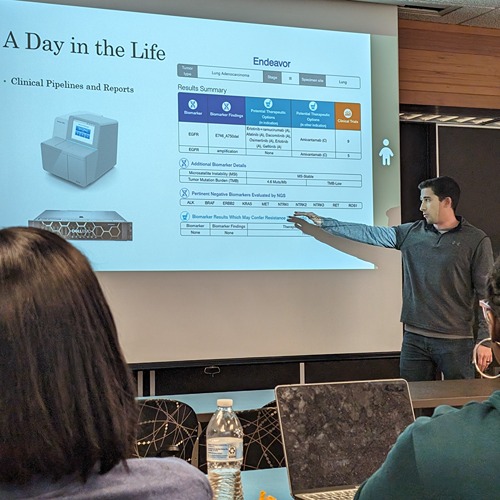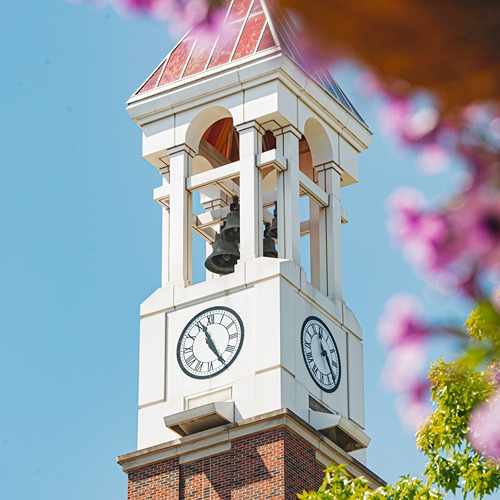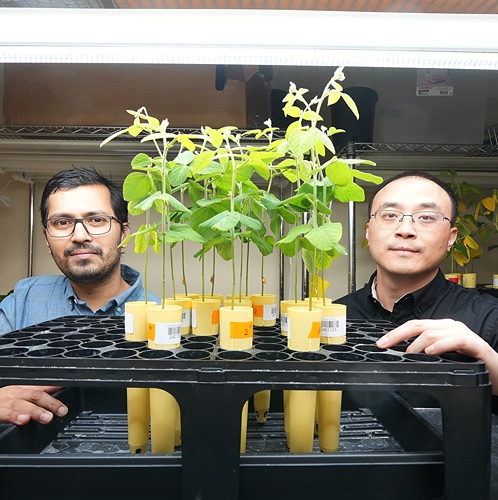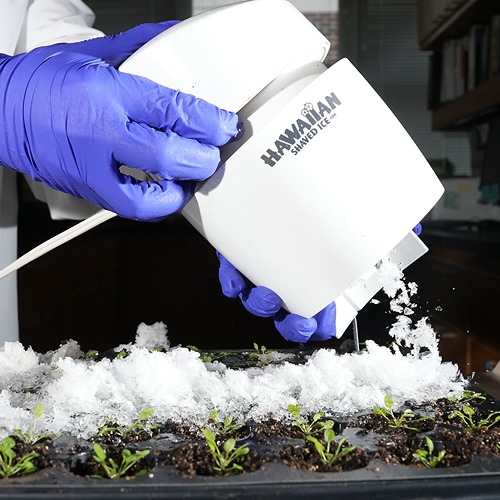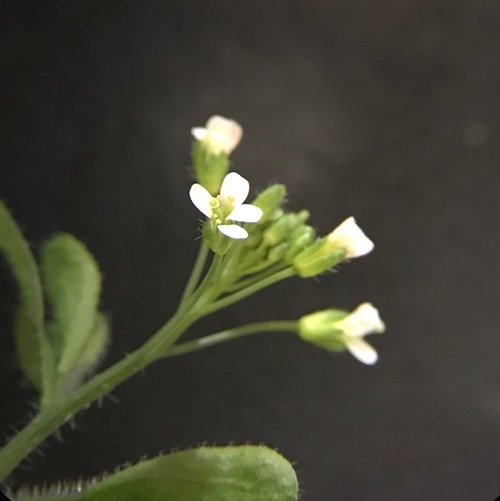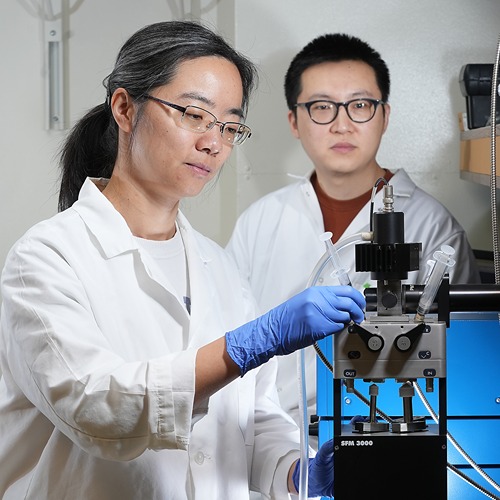THE PURDUE CENTER FOR PLANT BIOLOGY (CPB)
Welcome to Purdue’s home for basic plant biology! The CPB community connects faculty, staff, graduate students and postdoctoral researchers in the plant sciences across different departments and colleges. We’re committed to enhancing research and training in our field, and the Center provides the resources scientists need to answer pressing questions about plant biology.
Purdue has invested more than $50M to advance plant biology research.
CPB is a diverse community of >100 faculty, graduate students and postdocs.
top news
top news
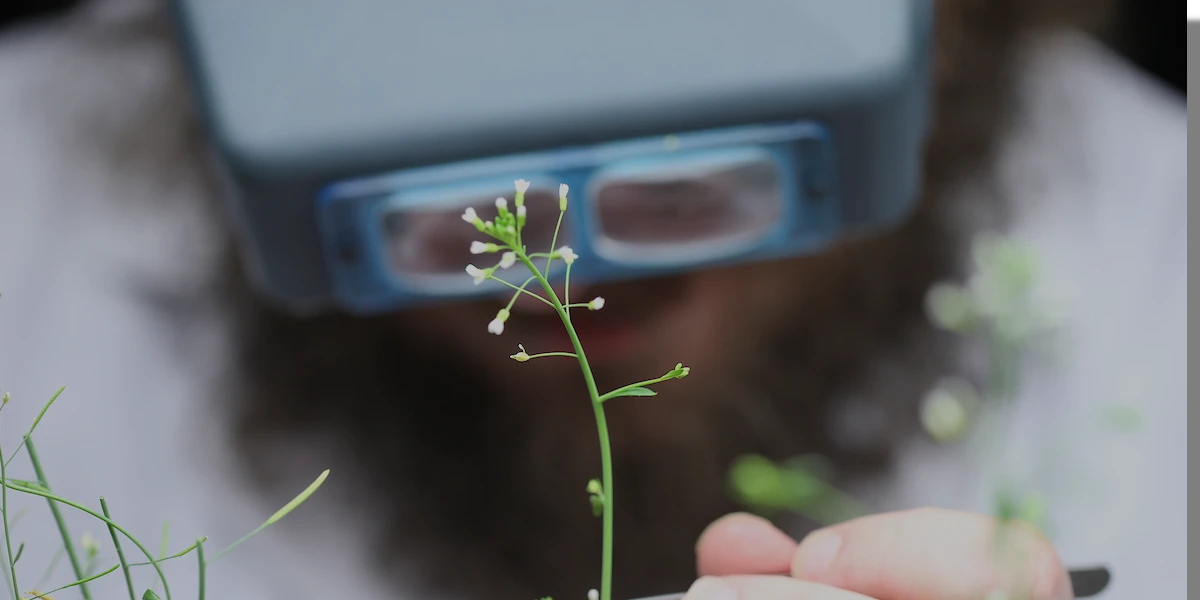
Check out CPB's new site content to include CPB news, trainee, graduate and faculty page updates. Visit via the new links at the top of this page.
APPLY TO CPB GRADUATE PROGRAMS
Create your own Plant Biology success story at Purdue University. Increase your admission chances by applying to up to three affiliated graduate programs with a single application and fee.
learn more